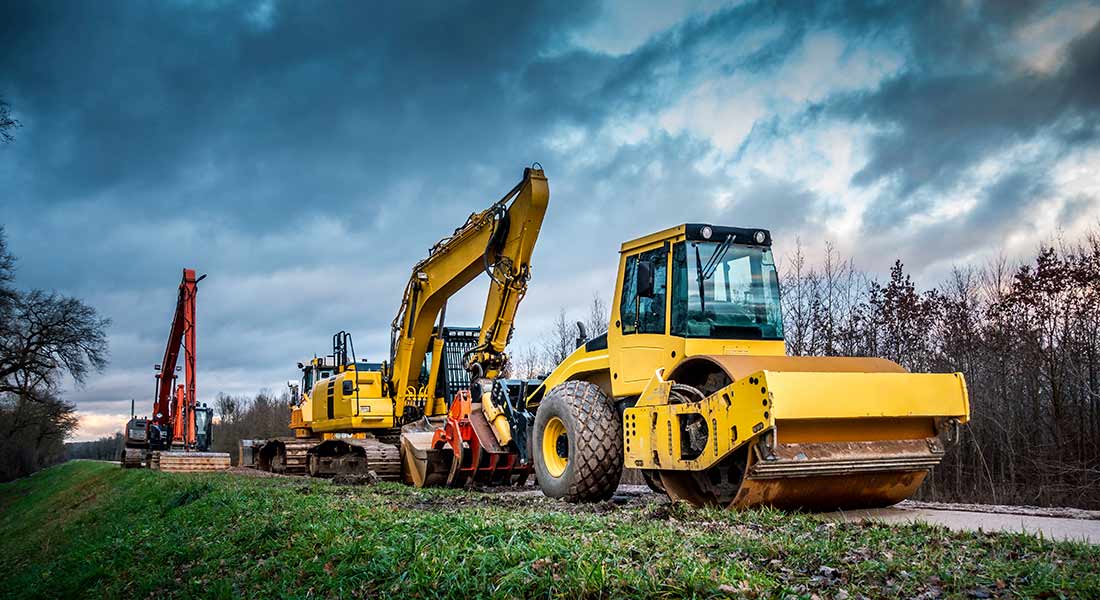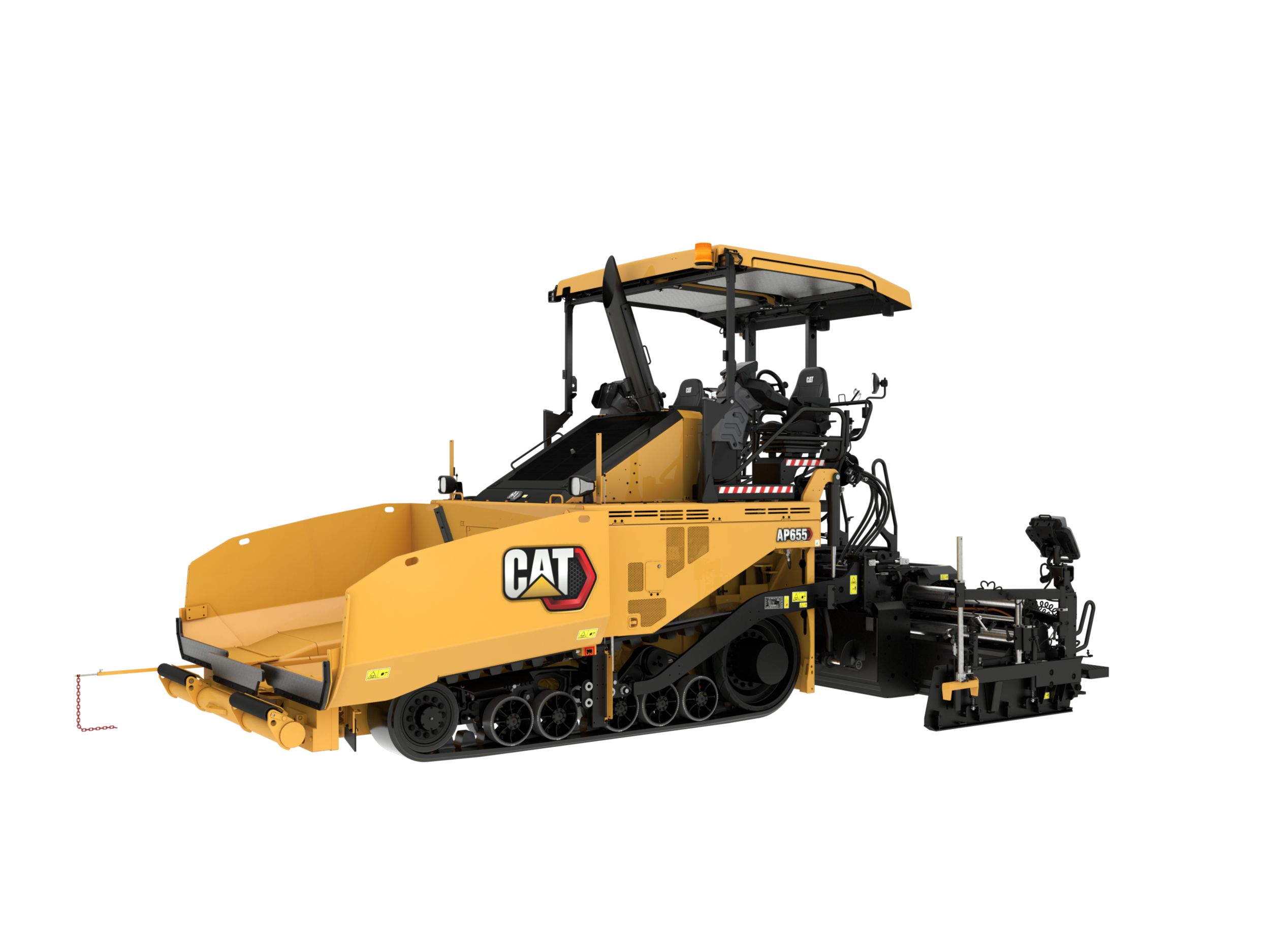Boom Lift Rental in Tuscaloosa, AL: Find Cost Effective Choices for Your Projects
Boom Lift Rental in Tuscaloosa, AL: Find Cost Effective Choices for Your Projects
Blog Article
Exploring the Financial Conveniences of Renting Building And Construction Tools Contrasted to Owning It Long-Term
The choice between leasing and owning building equipment is essential for monetary management in the sector. Leasing offers instant price financial savings and functional flexibility, permitting firms to assign sources extra successfully. Understanding these subtleties is essential, especially when thinking about just how they line up with details job requirements and economic techniques.

Cost Contrast: Renting Out Vs. Having
When reviewing the economic ramifications of owning versus renting building and construction devices, an extensive price contrast is vital for making educated decisions. The selection between having and renting out can significantly affect a firm's bottom line, and comprehending the associated prices is crucial.
Renting construction equipment commonly entails lower in advance prices, allowing companies to assign capital to other operational needs. Rental arrangements typically consist of adaptable terms, enabling firms to gain access to progressed equipment without lasting dedications. This adaptability can be especially helpful for temporary tasks or varying workloads. Nevertheless, rental expenses can gather in time, possibly going beyond the expenditure of ownership if tools is required for a prolonged duration.
On the other hand, owning construction tools needs a significant initial financial investment, together with recurring prices such as funding, devaluation, and insurance policy. While possession can bring about long-term cost savings, it additionally connects up capital and may not give the same degree of flexibility as leasing. Furthermore, possessing devices necessitates a commitment to its application, which may not always align with project demands.
Ultimately, the choice to rent or possess should be based on a detailed evaluation of certain project requirements, financial ability, and lasting tactical objectives.

Upkeep Expenditures and Obligations
The choice in between owning and renting out building and construction devices not just includes economic factors to consider however likewise incorporates recurring maintenance expenditures and responsibilities. Having tools needs a substantial commitment to its upkeep, that includes routine examinations, fixings, and prospective upgrades. These obligations can quickly accumulate, bring about unexpected prices that can stress a budget.
On the other hand, when leasing tools, upkeep is normally the duty of the rental company. This setup enables service providers to stay clear of the economic concern connected with deterioration, along with the logistical challenges of organizing repairs. Rental arrangements usually consist of provisions for upkeep, suggesting that specialists can focus on finishing projects instead of fretting about tools condition.
In addition, the diverse variety of tools available for lease makes it possible for firms to pick the latest versions with advanced modern technology, which can boost performance and performance - scissor lift rental in Tuscaloosa, AL. By deciding for services, organizations can avoid the lasting obligation of devices depreciation and the linked upkeep frustrations. Ultimately, examining upkeep expenditures and duties is important for making an educated choice about whether to own or rent construction tools, substantially impacting overall task costs and operational performance

Devaluation Influence on Possession

A substantial aspect to consider in the decision to own building and construction devices is the influence of depreciation on total possession costs. Devaluation stands for the decline in worth of the devices over time, influenced by elements such as usage, deterioration, and innovations in technology. As devices ages, its market price decreases, which can substantially influence the owner's financial placement when it comes time to trade the tools or sell.
For building and construction companies, this depreciation can convert to substantial losses if the devices is not used to its greatest potential or if it comes to be outdated. Owners should make up devaluation in their monetary estimates, which can bring about greater overall expenses compared to leasing. In addition, the tax obligation effects of depreciation can be complex; while it might provide some tax obligation benefits, these are often countered by the reality of decreased resale worth.
Inevitably, the burden of devaluation emphasizes the importance of recognizing the long-lasting monetary commitment included in owning building devices. Business have to very carefully examine just how typically they will make use of the devices and the possible economic effect of devaluation to make an enlightened decision about ownership versus renting out.
Economic Flexibility of Renting Out
Leasing building devices supplies considerable financial adaptability, enabling companies to designate resources more successfully. This adaptability is especially critical in a sector defined by varying project needs and varying workloads. By deciding to rent, businesses can stay clear of the substantial resources outlay required for buying check my source devices, preserving money circulation for other operational demands.
Furthermore, leasing devices enables firms to tailor their tools selections to details job needs without the long-lasting commitment related to ownership. This means that companies can conveniently scale their equipment supply up or down based upon present and expected job demands. As a result, this flexibility decreases the risk of over-investment in equipment that may come to be underutilized or out-of-date over time.
Another financial advantage of renting out is the potential for tax obligation benefits. Rental payments are typically taken into consideration overhead, enabling instant tax obligation reductions, unlike devaluation on owned and operated equipment, which is spread out over a number of years. scissor lift rental in Tuscaloosa, AL. This instant expense acknowledgment can better improve a company's cash setting
Long-Term Job Factors To Consider
When assessing the long-term requirements of a construction organization, the decision in between owning and leasing tools ends up being more complex. Secret variables to consider include job period, frequency of usage, and the nature of upcoming tasks. For projects with extensive timelines, buying tools may seem beneficial due to the potential for reduced general prices. However, if the tools will certainly not be made use of consistently across jobs, having might bring about underutilization and unneeded expense on insurance coverage, upkeep, and storage.
The building sector is advancing quickly, with new tools offering improved efficiency and security functions. This versatility is particularly valuable for companies that take care of diverse jobs needing various kinds of tools.
Additionally, monetary stability plays an important role. Owning devices often requires considerable capital expense and depreciation worries, while renting permits more predictable budgeting and cash money soil compactor roller circulation. Eventually, the selection in between renting out and owning should be straightened with the tactical objectives of the construction company, taking into consideration both anticipated and existing task demands.
Final Thought
In final thought, renting out building and construction equipment supplies considerable economic benefits over long-term possession. The minimized ahead of time expenses, elimination of maintenance obligations, and avoidance of depreciation contribute to boosted capital and financial adaptability. scissor lift rental in Tuscaloosa, AL. Furthermore, rental payments act as instant tax obligation deductions, even more profiting professionals. Inevitably, the choice to rent instead than very own aligns with the dynamic nature of building and construction tasks, permitting for flexibility and access to the most recent equipment without the economic problems linked with ownership.
As tools ages, its market value decreases, which can substantially impact the proprietor's financial setting when it comes time to offer or trade the devices.
Renting construction tools supplies considerable monetary versatility, allowing firms to allot resources extra efficiently.Furthermore, renting tools makes it possible for firms to customize their equipment options to particular project portable concrete mixer machine needs without the lasting dedication associated with possession.In conclusion, leasing building and construction devices provides substantial economic advantages over long-lasting ownership. Inevitably, the decision to lease rather than very own aligns with the vibrant nature of construction tasks, enabling for flexibility and accessibility to the latest tools without the monetary burdens linked with possession.
Report this page